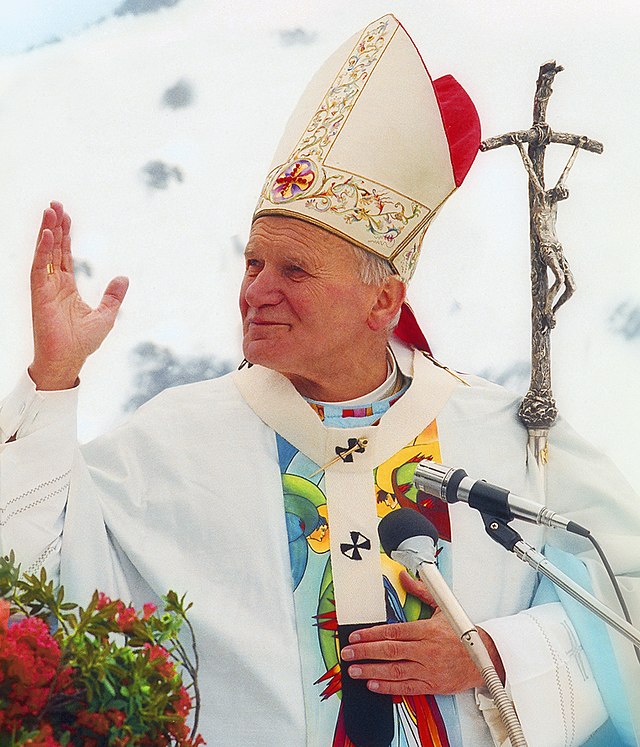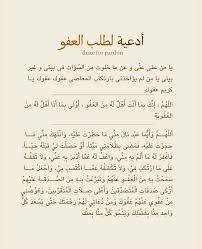
Introduction
Jean Paul II, one of the most influential Popes in modern history, served from 1978 until his death in 2005. His papacy was marked by a deep commitment to interfaith dialogue, human rights, and global peace. A polish native, Karol Wojtyła, his election as pope was significant in breaking the barriers of the papacy being dominated by Italian clergy for centuries. His life and work continue to inspire many, making it a relevant topic in today’s socio-political climate.
Major Contributions and Events
Jean Paul II was a vocal advocate for human rights, standing against totalitarian regimes around the world, most notably during the Cold War. His support for the Solidarity movement in Poland is credited with helping to inspire change in Eastern Europe, ultimately leading to a more democratic landscape after the fall of the Iron Curtain.
Another hallmark of his papacy was his commitment to ecumenism—the effort to foster unity among different Christian denominations. He was pivotal in building bridges with other faiths, most memorably through his meeting with leaders of various religions in Assisi, Italy, in 1986. This interfaith dialogue was significant in promoting peace in a world often divided by differences.
Moral Stance and Challenges
Jean Paul II’s moral stances were often met with opposition. His views on issues such as contraception, abortion, and the role of women in the church sparked considerable debate. Nonetheless, he maintained his positions firmly, emphasizing the importance of faith, family, and the intrinsic value of human life.
His final years were marked by physical ailments, yet he continued to connect with people around the world through his speeches and presence. The impact of his charismatic personality and deep spirituality can be seen today in ongoing discussions regarding faith and social justice.
Conclusion
Jean Paul II’s legacy is multidimensional, encompassing spiritual leadership, commitment to human rights, and efforts towards interfaith dialogue. As the world faces challenges reminiscent of those during his papacy—rising authoritarianism, conflicts, and the need for unity—his teachings remain relevant. His canonization in 2014 as Saint John Paul II further solidifies his importance in both Catholic heritage and global history. Reflecting on his contributions may inspire future generations to work towards understanding and cooperation among diverse communities worldwide.






